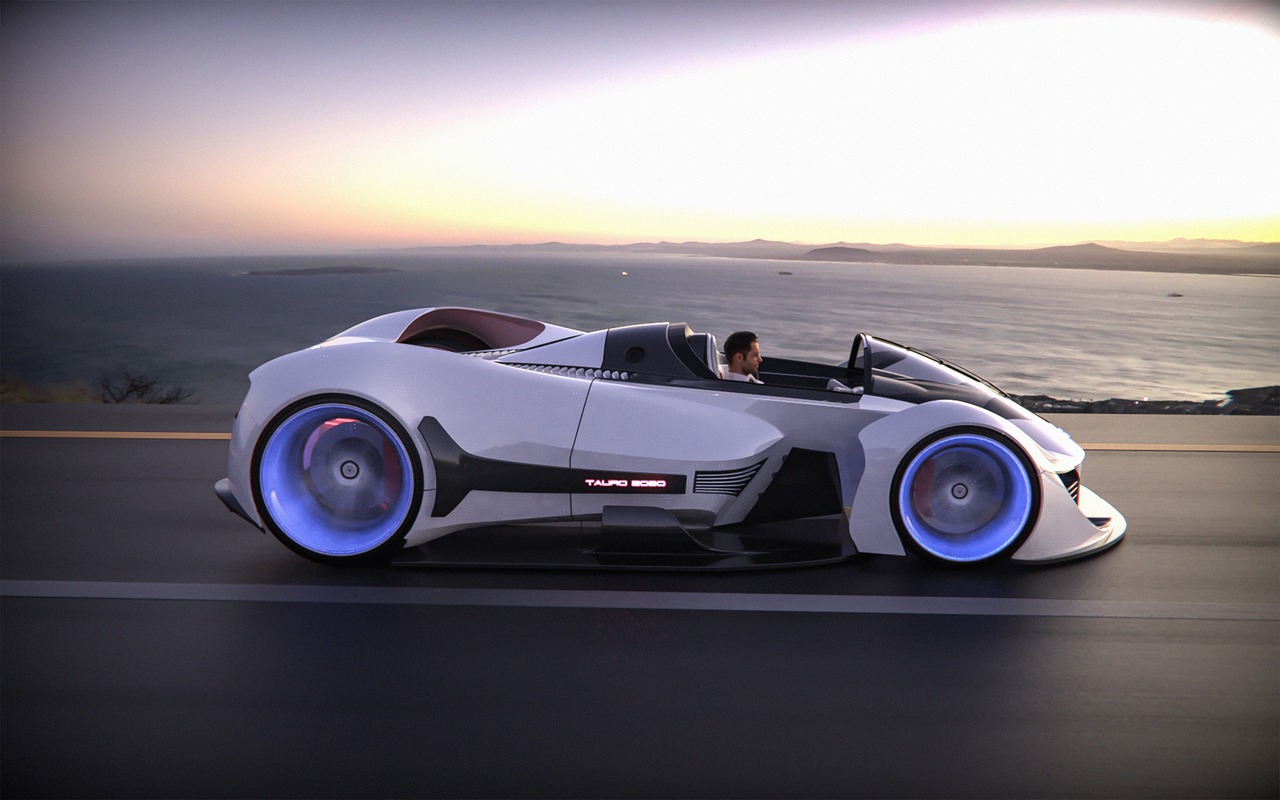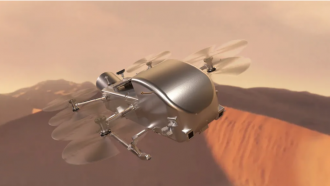
Owning a car is fast becoming more hassle than it's worth in the eyes of some. Cars are costly to buy, to maintain and to run and in any urban area there is often precious little space to keep them.
That said, few transport options offer the same door-to-door convenience and flexibility as owning a car. Or rather they haven't until now.
Mobility as a Service
Mobility as a Service (MaaS) is catching on in many parts of Europe and spreading into America.
Broadly speaking, MaaS allows journeys to be organised and booked end-to-end via one app, regardless of how many forms of transport are involved in the trip.
The MaaS America organisation has been formed to review the current status of MaaS in America and support its development.
Its website says: "Mobility as a Service, a new way of thinking about transport, is the most significant innovation in mobility since the advent of the automobile and smartphone."
MaaS America doesn't rule out a privately owned car as one option within the jigsaw of seamless travel, but it aims to integrate car ownership into a bigger model that gives equal weight to public transport and car sharing options too.
It says: "The main objective of MaaS is better, more efficient mobility via use of all transport modes. Other objectives like reduced VMT (vehicle miles travelled), less car ownership, improved environment, low travel costs etc are byproducts if meeting that objective. Integrating options based on wants is the goal."
MaaS America has set out six levels of possibility for MaaS.
Level Zero is totally separate transport options, which the user has to piece together via online research of timetables and costs (the current status quo).
Level One is some integration such car plus ferry or car park and ride.
The upper levels take MaaS into a world where artificial intelligence allows for minimal intervention by the traveller in order to smoothly complete and pay for a journey based on previous behaviour.
The top aspirational level currently mapped out would see a connection between the traveller's personal device and smart buildings, smart cities and the Internet of Things to allow seamless, hassle free travel.
What transport options will travellers of the future use?
Whilst car ownership isn't ruled out by MaaS as one cog within the transport wheel, other ways of accessing a vehicle look likely to gain ground.
Uber brought travel and app technology into daily use with its smartphone hailing technology and payment systems. Lyft also offers that and incentives to ride share.
Alternative car based travel options also include car sharing in the form of:
-
short term loans of private vehicles that would otherwise be idle
-
car clubs that allow access to a fleet of vehicles for a subscription
-
short term one-off payment rental options where smartphone technology is used to book and access a vehicle from a selection in the neighbourhood
Will cars of the future be electric?
Whether owned, shared or rented, traditional gas cars are in the firing line.
Many of America's cities and states have committed to electrify vehicles to support carbon neutral targets.
There have been many headlines implying COVID-19 will kill off the electric car market before it really gains ground, due to reduced car sales and low oil prices, but that's not how everyone sees it.
Plug In America said a recent study that suggested electric vehicle sales may drop 43% in 2020 is a representation of the knock-on effect of coronavirus on all business and the car market as a whole and electric cars are still the future.
* This is a contributed article and this content does not necessarily represent the views of techtimes.com









